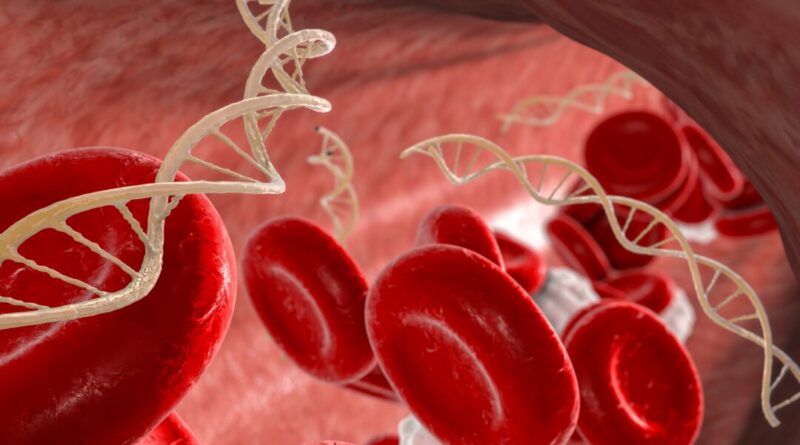Study Reveals Cancer-Fighting DNA Present in Everyday Foods
Eating a balanced diet, rich in a variety of whole foods, may play a crucial role in reducing the risk of cancer.
The nucleic acids present in numerous plant and animal foods are shown to have potential cancer-preventive properties based on recent research.
Anti-Tumor Activity
Given the limited research on the anticancer properties of nucleic acids, the OMU study published in PLOS ONE conducted a two-phase analysis. One phase involved testing the impact of dietary DNA and RNA on mice injected with Ehrlich ascites tumor (EAT) cells, known for their rapid growth. The other phase focused on examining the effects of these nucleic acids on EAT cells in laboratory cultures. The study used DNA from salmon milt and RNA from torula yeast.
Results indicated that RNA demonstrated an inhibitory effect on the cancer cells both in mice and cell cultures, whereas DNA only showed an inhibitory effect in mice.
Mechanisms Underlying Anti-Tumor Activity
Another discovery was that the nucleoside compounds produced during the digestion of RNA and DNA played a pivotal role in the inhibitory effect. These nucleosides—specifically guanosine and 2’-deoxyguanosine, the basic components of DNA and RNA—restricted the progression of cancer cells from the G1 to the S phase of the cell cycle. “In the life cycle of a cell, the G1 phase represents the growth stage where the cell prepares for division,” explained Dr. Sam Hilton, a holistic and integrative medicine physician, in an email to The Epoch Times. “The S phase is when the cell begins duplicating its DNA in readiness for cell division.”
Preventing cancer cells from transitioning from the G1 to the S phase impedes their ability to replicate, thereby slowing down the spread of cancer,” he highlighted.
Other Therapeutic Effects
Previous studies have suggested that nucleic acids are essential for various physiological functions. The OMU study highlighted that deficiencies in dietary nucleic acids are associated with reduced T lymphocyte function, a type of white blood cell crucial for immunity. This deficiency was reversed by providing RNA supplements to immunocompromised patients in an intensive care unit.
Food Sources
Nucleic acids can be obtained from both animal and plant sources. While there is no specific recommended daily intake of nucleic acids for cancer prevention, Hilton recommended a diet that includes a variety of whole foods.
“Although meats are rich in nucleic acids, red and processed meats are linked to an increased risk of cancer,” he pointed out. “Therefore, I recommend focusing on plant-based sources like legumes, vegetables, and grains, which provide nucleic acids without the same cancer-associated risks.”
Moreover, these plant sources offer additional cancer-fighting nutrients such as antioxidants and fiber.
Experts Urge Caution
“The use of nucleic acids for cancer prevention in humans is a critical matter,” noted Kojima-Yuasa. “However, there are numerous challenges to tackle, including potential side effects from consuming nucleic acid-rich foods.” She emphasized the importance of refraining from hasty recommendations at this stage.
Dr. Ralph Waldo, an integrative medicine physician, provided perspective on the OMU study in an email to The Epoch Times. “While it highlights potential benefits, further research is necessary before advocating high supplement doses,” he stated. He emphasized that a holistic approach to cancer prevention involves maintaining a healthy lifestyle through nutritious eating, exercise, and stress management.
“Health is a culmination of many small positive choices, rather than relying on a single solution,” Waldo concluded. “Staying informed and making daily decisions that promote well-being are key.”





